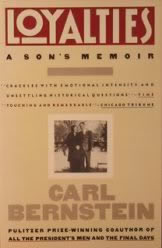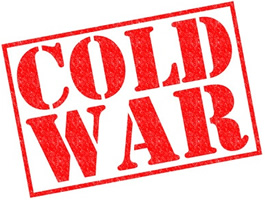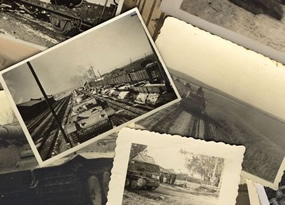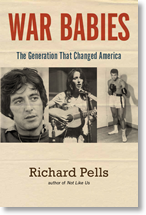Trumbo is an upcoming American, biographical, dramatic film directed by Jay Roach and written by John McNamara starring Bryan Cranston, Diane Lane, Elle Fanning, Louis C.K., Helen Mirren and John Goodman. The film follows the life of Hollywood screenwriter Dalton Trumbo during the McCarthy era (based on the biography Dalton Trumbo by Bruce Alexander Cook).
I wrote a whole chapter in my 2nd book, The Liberal Mind in a Conservative Age, about Trumbo, McCarthyism, and the blacklist. Trumbo was probably the most talented of the screenwriters who were blacklisted. And Trumbo did “break” the blacklist in 1960 when he received credit for writing 2 films: Spartacus and Exodus. But earlier, in 1957, he won an Oscar for best screenplay, under a false name, so he couldn’t accept the award! It was very embarassing at the Oscar ceremonies that year.
Although Trumbo was not a war baby (born much earlier in 1905), the war babies grew up (or at least were adolescents) during the McCarthy era. In my book, War Babies: The Generation That Changed America, I describe Carl Bernstein’s experience of having FBI agents tail his family, including showing up at his Bar Mitzvah. And I also describe being allowed to stay home from school in the afternoons in the spring of 1954 so I could watch the Army-McCarthy hearings on TV. Barney Frank had the same experience. And many of us were told by our parents in the 1950s not to do anything that would leave a record, or put our name on a list, or get our pictures taken at a demonstration — lessons we all thankfully ignored in the 1960s.
If you’re interested in all this, there’s a terrific movie, released in 1976, called The Front. It stars (but was not directed by) Woody Allen. It’s a very accurate account of blacklisting in the television industry: most of the events in the movie actually happened, and almost all the actors and the director of the movie had in fact been blacklisted (as the final credits reveal). You can probably get the movie on Netflix. And it may be one of the best acting performances Woody has ever given.



